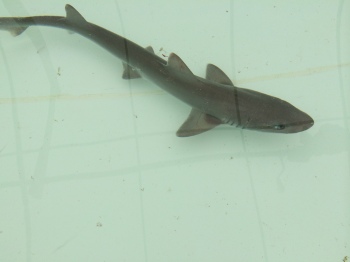Humans have always been in awe of birds: their beautiful feathers, their graceful flight, and their sweet songs. These are just some of the features that distinguish them from other animals. Birds are extremely diverse—with over 10,000 living species on Earth—and are found in all kinds of environments, from extremely hot and dry deserts, to the frigid Antarctic.
Penguins are particularly interesting for scientists as they are flightless birds that can swim and have evolved to thrive in the hostile Antarctic environment where few animals can survive. Now, we are a step closer to understanding their evolutionary history, population sizes in response to historical climate change, as well as the genes involved in their ability to adapt to such extreme climates, with an exciting new study published last month in GigaScience, an online open-access BGI-BioMed Central journal.


